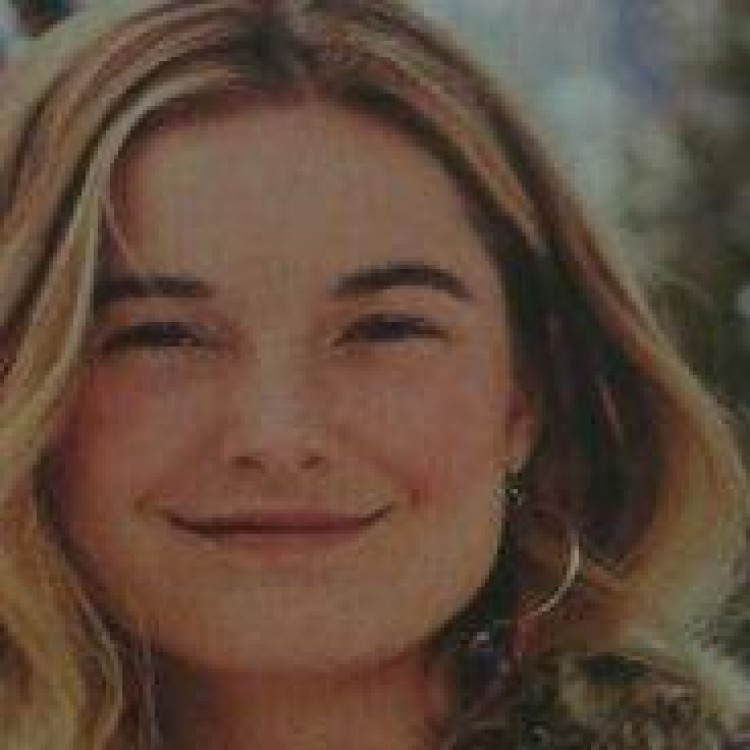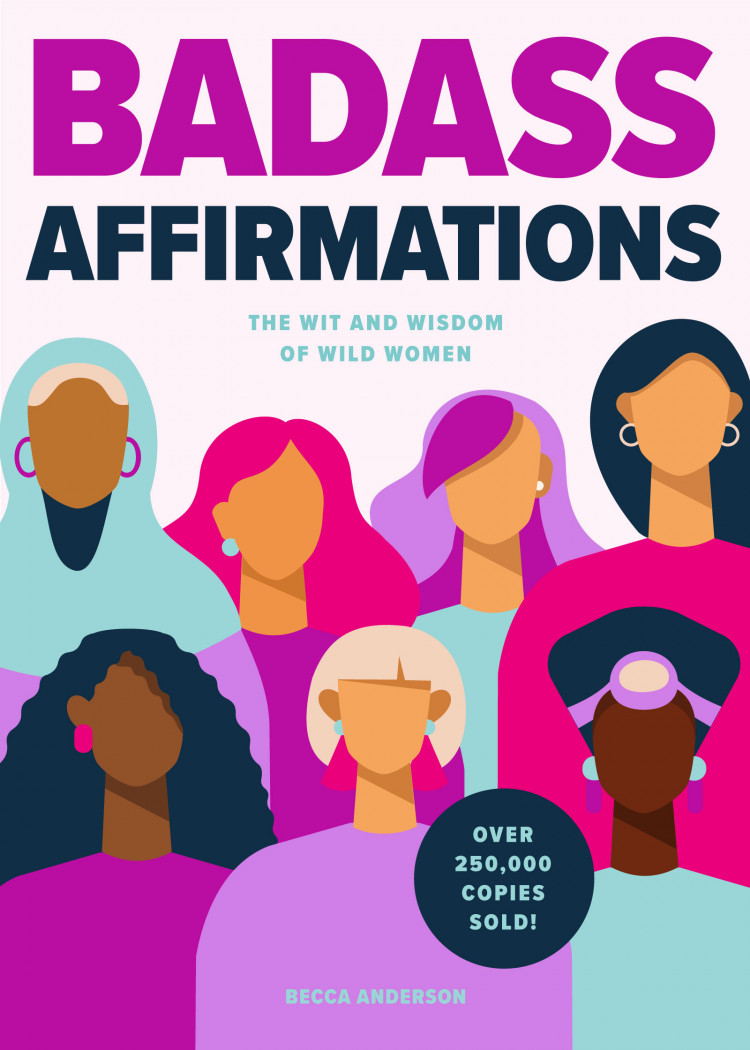Eleanor Roosevelt: The Greatest of All?

No book on awesome women would be complete without a profile of Eleanor Roosevelt, named by historian Deborah G. Felder as the most influential woman in history. Though she was born to the privileged class, Eleanor reached out to all women, regardless of economic status, and they responded, knowing she was a kindred soul. Eleanor was born Anne Eleanor Roosevelt and came from colonial Roosevelt stock on both sides of her family. Eleanor remembered being “like a little old woman” and all her life was keenly aware of what she called “a lack of beauty.” She seems to have survived the pre-Reviving Ophelia batterings to her self-esteem fairly well, despite a vain and selfish mother who nicknamed Eleanor “Granny” and never passed up an opportunity to remind her that she didn’t inherit her mother’s beauty. Fortunately, her dashing humanitarian father, Elliott, loved her dearly and instilled in his “little Nell” a strong sense of the importance of giving to others.
By the age of ten, Eleanor was an orphan and was made to live with her stern matriarch of a grandmother, then sent to the very exclusive Allenswood girls school in London. Allenswood was run by a forthright liberal activist, Marie Souvestre, who took Eleanor under her wing and lavished affection and attention on her. Eleanor recalled these days as the best of her life.
Returning home in 1902, she had the obligatory debutante ball but preferred doing good works at the settlement houses among the working class to partying at snooty, upper-class salons. She also sneaked in an engagement to her fifth cousin, political aspirant Franklin Delano Roosevelt; the blushing Eleanor’s hand was given in marriage by then-President Roosevelt, otherwise known as “Uncle Teddy.” Eleanor and Franklin quickly had six children, losing one baby shortly after birth. Eleanor was painfully shy, a terrible issue to deal with when she had to constantly entertain to advance her husband’s political career, even harder to do with a bossy mother-in-law hovering over the children and trying to take over the household.
The burgeoning young Roosevelt clan soon found themselves in the District of Columbia while FDR served as Assistant Secretary of the Navy. It is there that Eleanor found out about his affair with Lucy Mercer, Eleanor’s social secretary. Eleanor was devastated but found an inner resolve to withstand the pain and became even more dedicated to positive social change. She joined the League of Women’s Voters and the Women’s Trade Union League, working toward reform for women’s pay and limiting the hours of the working day. In 1921, FDR fell ill with polio. Leaving the tending of him to others, Eleanor served as FDR’s eyes and ears out in the world, traveling all over the country listening to people, discerning what Americans of all walks of life wanted and needed. For the rest of her life, she strove tirelessly to advance the cause of getting more women into government office and was deeply concerned with unemployment, poverty, education, housing, day care, health care, and civil rights. (Of her, Franklin once prayed, “Dear God, make Eleanor a little tired.” But he never ceased relying on her sage advice.)
When FDR was elected president, Eleanor was less than thrilled with her status as First Lady: “Now I’ll have no identity,” she proclaimed. But she took on the job and made it her own. She held a press conference, the first First Lady to do so, and regularly spoke with a corp of women reporters. While FDR had his fireside chats, Eleanor had “My Day,” a newspaper column and radio show that she used as a pulpit for many social justice issues, including when Marian Anderson was blocked from singing in D.C. by the Daughters of the American Revolution because she was black. When Eleanor announced her resignation from the DAR in protest, their ranks dwindled in shame.
After her husband’s death, she continued on with her work by becoming a delegate to the United Nations, where she is credited with drafting and pushing through to adoption the Universal Declaration of Human Rights and launching UNICEF. For all the good she did, this humanitarian whom Harry Truman dubbed “The First Lady of the World” is still, nearly fifty years after her death, one of the most cherished figures in herstory.
“Where, after all, do universal human rights begin? In small places, close to home—so close and so small that they cannot be seen on any maps of the world. […] Unless these rights have meaning there, they have little meaning anywhere. Without concerted citizen action to uphold them close to home, we shall look in vain for progress in the larger world.”
Eleanor Roosevelt
Occasionally, some of your visitors may see an advertisement here,
as well as a Privacy & Cookies banner at the bottom of the page.
You can hide ads completely by upgrading to one of our paid plans.




